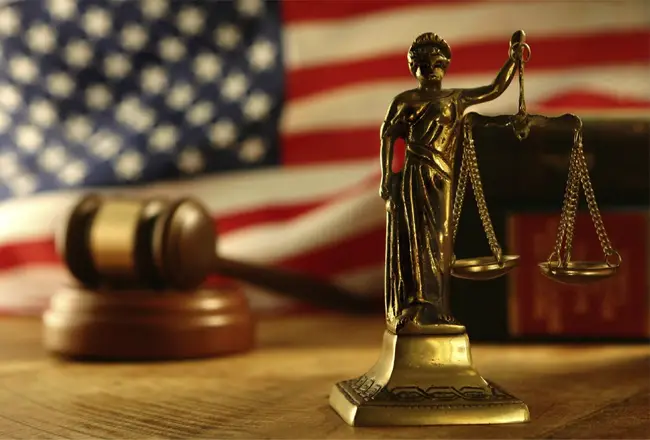There is slightly less than three months to go before everyone can bid an aggressive goodbye to 2020. However, the New Year”™s champagne that will flow with the arrival of 2021 will quickly give way to a hangover of another kind: commercial property tax considerations during the coming year.
 In a recent interview on Westfair Business Buzz, the weekly podcast produced by Westfair Communications ”“ the Business Journal”™s parent company ”“ David Wilkes, partner in the Tarrytown office of the law firm Herman Katz Cangemi Wilkes & Clyne LLP, warned that the residue from this year”™s pandemic will stain next year”™s commercial property tax concerns.
In a recent interview on Westfair Business Buzz, the weekly podcast produced by Westfair Communications ”“ the Business Journal”™s parent company ”“ David Wilkes, partner in the Tarrytown office of the law firm Herman Katz Cangemi Wilkes & Clyne LLP, warned that the residue from this year”™s pandemic will stain next year”™s commercial property tax concerns.
“2021 is really a pivotal year when it comes to a response to the coronavirus pandemic, as it relates to the real estate market,” said Wilkes, who is also president and New York state representative of National Association of Property Tax Attorneys. “We’ve certainly received calls from many owners over the last four or five months saying their business ”“ maybe it’s a hotel or a restaurant or office space ”“ are feeling the bight of the economy right now. They’re feeling the pain of tenants who can’t pay their rents. And they’re saying, ”˜How do we lower our taxes?”™”
Wilkes pointed out that depending on jurisdiction, “real estate taxes are assessed as of a certain valuation date every year.” In New York, he added, the most recent valuation date came before the pandemic. Needless to say, this is not a best-case scenario for many property owners.
“We have a lot of owners who were surprised to see their assessments went up,” Wilkes continued. “They’re saying, ”˜How could that be?”™”
Wilkes observed the valuation date for the 2021 property taxes has yet to be set, but already many property owners are readying themselves to challenge the tax rates based on the pandemic”™s financial trauma.
“2021 is going to be a much more significant year for property owners because it’s the first opportunity to really get their taxes lowered based on the effects of the of the coronavirus pandemic,” he added.
Wilkes forecast that any future legal challenges on commercial property tax assessments will wind up in a court system that is not celerated for its speedy resolution of cases.
“There are a lot of jams and this has been the case since long before coronavirus,” he said, referring to both this particular court and the court system as a whole. “The property tax cases are historically and notoriously backlogged ”“ we’re often dealing with several years at one time. It may be four or five years backed up with appeals, so it’s a tremendous concern because now, more than ever, some sort of quick relief is needed.
The nature of the property tax cases is also contributing to the logjam, he acknowledged, as questions regarding property valuation in relation to the law are complex.
“And it’s not a failure of the judges or their clerks,” he opined. “It’s really just the system as a whole is not really set up to accommodate these cases in a way that’ really fast and efficient.”
Commercial property taxes are a major revenue source for localities, and Wilkes was sympathetic to their needs for these funds in providing municipal services. But lowering commercial property taxes would be the proverbial salt in already-deep wounds brought about the pandemic.
“Whatever the tax rates are, municipal officials still have to raise the same amount of money,” he said, worrying that inflating tax rates will worsen the situation for property owners. “I would not want to be in their position.”
As for the property owners represented by his firm, Wilkes is asking his clients to gather their financial records in order to “produce a statement of income and expense to show leasing activity or lack of activity.” Being prepared ahead of the tax filings is particularly important, he stressed.
“When the deadline comes up, we really need to spring into action,” he said.




















